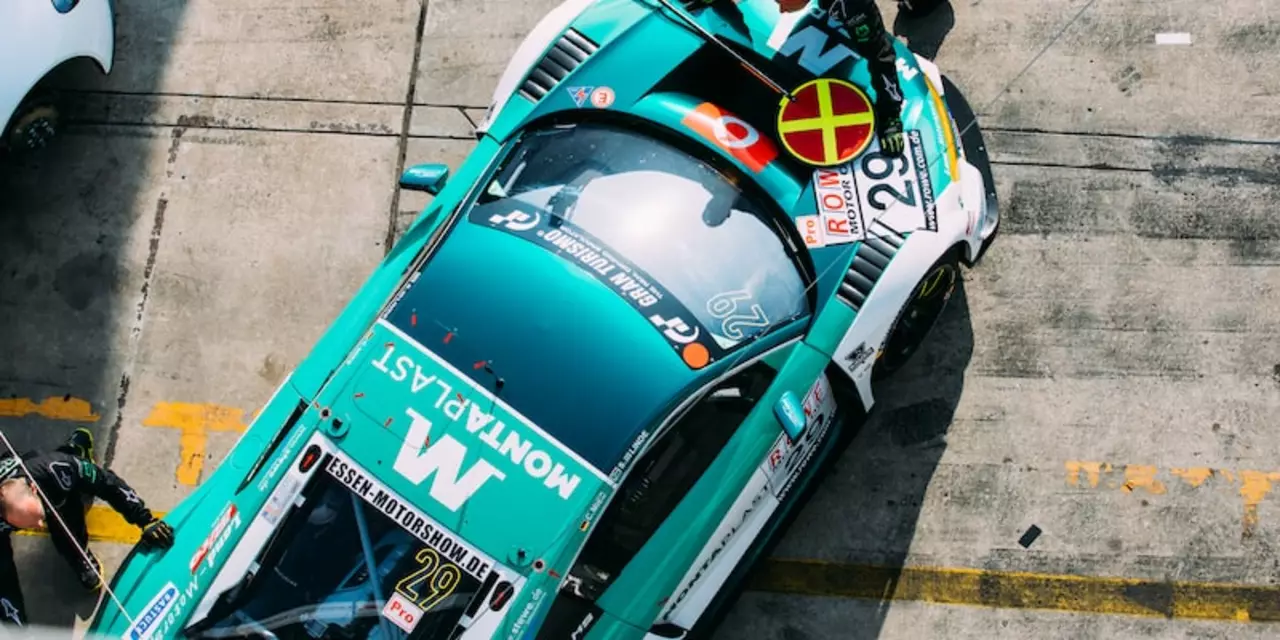Skill in Motorsports: Why It Matters and How to Improve
When you watch a race, the fastest car isn’t always the winner. The driver’s skill often decides who crosses the line first. Skill in motorsports covers everything from precise steering to quick thinking under pressure. It’s the blend of physical fitness, mental focus, and knowledge of the track that turns a good driver into a great one.
Different Motorsports, Different Skill Sets
Formula 1, MotoGP, rallying, and endurance racing each demand a unique mix of abilities. In Formula 1, drivers need razor‑sharp hand‑eye coordination and the ability to read data instantly. A split‑second decision on brake timing can save a lap. MotoGP riders, on the other hand, rely heavily on body positioning and balance while leaning into corners at high speed.
Rally drivers must master reading changing surfaces—gravel, snow, tarmac—often without a clear view ahead. They depend on co‑driver notes and instinct to keep the car on the line. Endurance races like Le Mans test stamina; drivers swap in and out, keeping consistent lap times for hours on end. Each discipline shapes its own definition of “skill,” but the core remains the same: control, awareness, and adaptability.
Simple Ways to Build Your Racing Skill
You don’t need a professional circuit to start sharpening your skills. First, get comfortable with a simulator. Modern simulators mimic real‑world physics and let you practice corner entry, braking points, and throttle control without risking a crash.
Second, work on your physical fitness. Core strength, neck muscles, and cardio all help you stay steady through high‑g turns. A short daily routine—planks, neck extensions, and interval training—makes a noticeable difference on the track.
Third, study track layouts before you drive. Memorize braking zones, apexes, and overtaking spots. Watching onboard videos or reading track maps gives you a mental map that reduces guesswork when you’re actually on the surface.
Finally, practice deliberately. Set specific goals for each session, like shaving half a second off a corner or improving lap consistency. Review data after each run, note where you lost time, and adjust your approach. Repeating this cycle turns small tweaks into big gains.
Skill isn’t something you get overnight; it builds through focused effort, repetition, and learning from mistakes. Whether you’re eyeing a Formula 1 seat, dreaming of a MotoGP podium, or just want to be the fastest on your local club track, the same principles apply. Keep your mind sharp, your body fit, and your practice purposeful, and you’ll see the results on the tarmac.

Which motorsport would be considered the most skilled?
Motorsport is a popular and highly competitive form of racing across the world. Among the many disciplines available, some argue that Formula 1 is the most skilled and demanding. This is due to the technical knowledge and precision required to be successful. Other motorsport disciplines such as Rally and Endurance racing also require a high level of skill, as the drivers must be able to adapt to changing conditions, such as weather and terrain. Ultimately, the most skilled motorsport is a matter of opinion as all require a high level of technical knowledge, concentration, and skill.
Read More